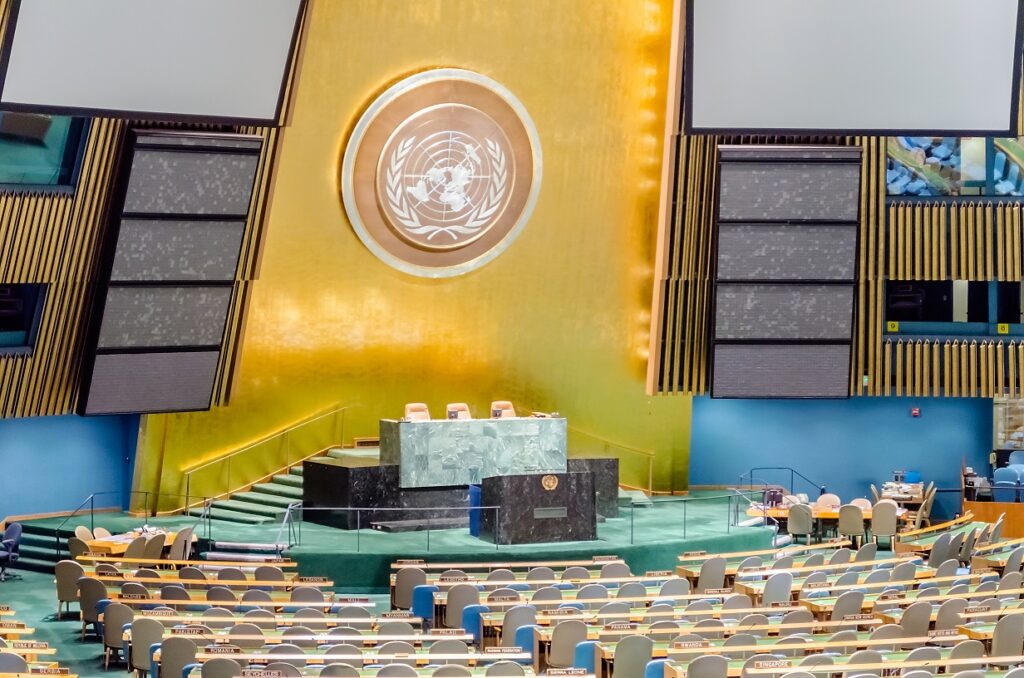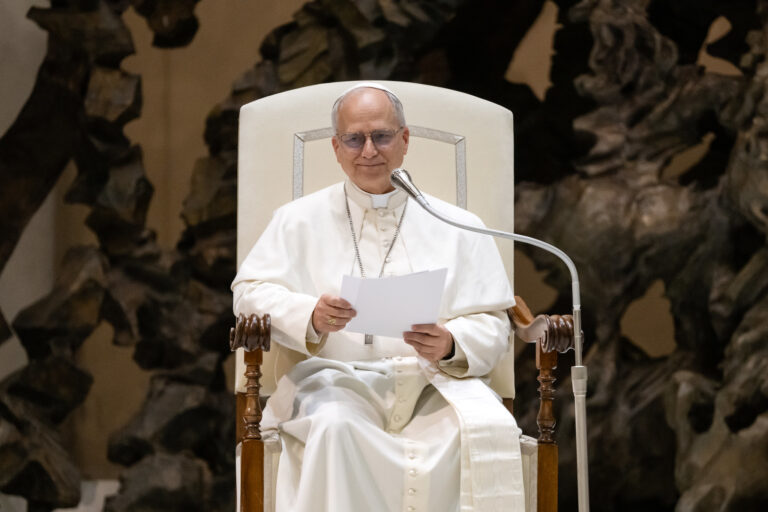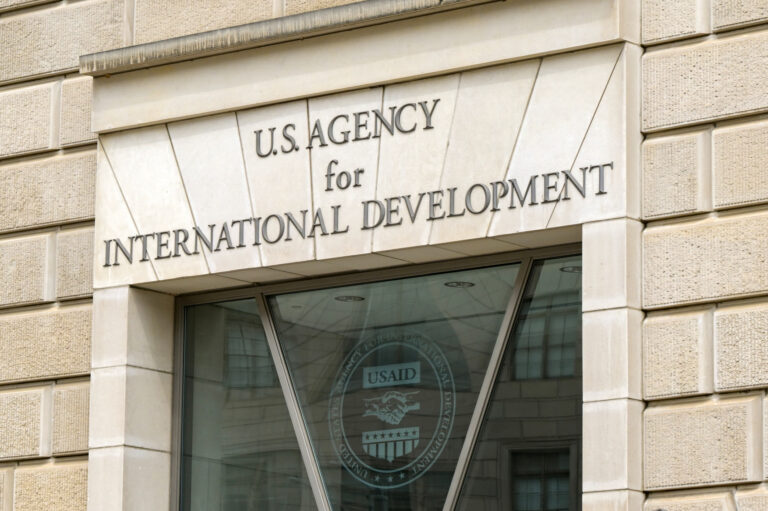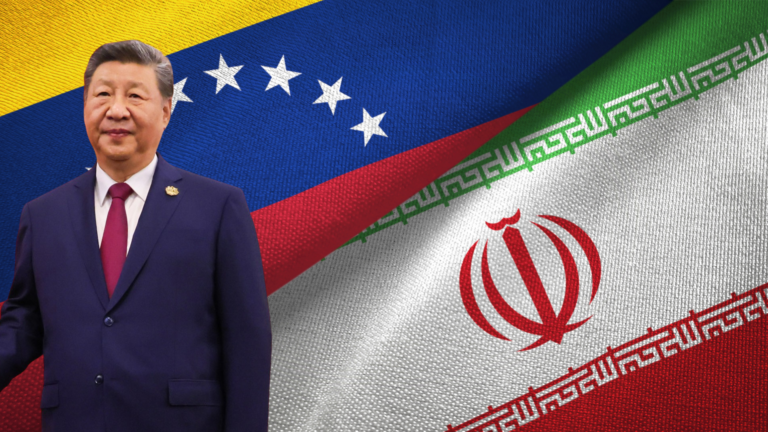A number of states have pushed back against an attempt by the United Nations Human Rights Committee to reinterpret the ‘right to life’ to mean a right to abortion.
This past July, the Committee approved a draft of General Comment No. 36 at its first reading. General Comment No. 36 seeks to reinterpret the ‘right to life’ to exclude the unborn child in the International Covenant on Civil and Political Rights (ICCPR). The Human Rights Committee is tasked with monitoring the implementation of the of the ICCPR.
Earlier this month, several state parties[1] came out condemning portions of General Comment No. 36, making it clear to the Committee that it has no right or authority to claim that states must legalize abortion.
The Population Research Institute (PRI), along with many other pro-life non-governmental organizations and pro-life academics worldwide, have also submitted comments on General Comment No. 36, asking the Human Rights Committee to respect the right to life for the unborn and the terminally ill. The full text of PRI’s written comment to the U.N. Human Rights Committee can be viewed here.
In General Comment No. 36, paragraph 9, the Committee claims article 6 obligates states to legalize abortion in cases of health, rape, incest, fetal disability, and “in situations in which carrying a pregnancy to term would cause the woman substantial pain or suffering.”[2]
Far from guaranteeing a “right” to abortion, however, article 6 of the ICCPR recognizes the universal right to life and states:
Every human being has the inherent right to life. This right shall be protected by law. No one shall be arbitrarily deprived of his life.[3]
Several states and numerous civil society organizations, including PRI, were keen to point out that the Committee possesses no authority to reinterpret the treaty to a mean something other than what has been agreed to by state parties.
Make Your Voice Heard. Sign PRI’s Petition Asking United States U.N. Ambassador Nikki Haley to Defend the Right to Life at the United Nations.
The United States delegation lambasted General Comment No. 36 for being “overly expansive” and for “provid[ing] little or no authoritative legal support.”[4] The U.S. criticized the Committee’s general comment for failing to provide sufficient justification for its views through the “established rules of treaty interpretation under international law.”[5]
The U.S. delegation also requested that the Committee operate within its mandate by only issuing recommendations in manner in accordance with their non-binding nature and that the Committee “should refrain from providing its recommendations in imperative (“must”) or mandatory (“required”) terms.”[6]
The Australian delegation also expressed reservations about the obligatory tone of paragraph 9, stating that they were “concerned about the framing of some examples in mandatory terms [i.e.]…information and education about reproductive options.”[7]
Malta, Poland, and the Russian Federation all flatly denied a right to abortion in the ICCPR. The Russian delegation called the entire paragraph 9 “inappropriate” and reminded the Committee that the issue was under the proper jurisdiction of another U.N. treaty monitoring body which, contrary to the Human Rights Committee, “is pursuing a line to promote reproductive health and prevent abortion, and not encourage them.”[8]
The Maltese delegation made clear that General Comment 36 “should not in any way create obligations on any party to consider abortion as a legitimate form of reproductive health rights.”[9]
The Polish delegation provided a detailed and pointed defense of the right to life, saying the ICCPR “must protect the life of every innocent human being regardless her/his stage of development.” [10]
“Vulnerable, weak, or less autonomous human beings, whether in the early (prenatal) or late (terminal) stages should be considered as deserving stronger, and not weaker, protection of their rights,”[11] the comment for Poland read.
The Austrian delegation made it a point that, contrary to paragraph 9 which calls on countries to decriminalize abortion, Austrian law levies penalties on individuals who break the country’s abortion law. The Japanese delegation also criticized paragraph 9, saying that there is no logical connection between laws banning abortion and the incidence of so-called “unsafe” abortion.
But paragraph 9 was not the only part of the General Comment nations took issue with. A number of states also objected paragraph 10 which proposes that states “may allow” or “should not prevent” the practice of euthanasia.
Several states warned the Committee not to intervene on issue of assisted suicide and euthanasia. Perhaps the strongest comment came from the Norwegian delegation which said, “the right to life cannot, without a distortion of language, be interpreted as conferring the diametrically opposite right, namely a right to die and to be helped to do so.”[12]
On the opposite end of the spectrum, the Netherlands actually condemned paragraph 10 for being too restrictive.
It is widely known that involuntary euthanasia and abuses are widespread in the Netherlands where 1 in every 22 deaths is now due to euthanasia. In the Netherlands, euthanasia can even be approved for psychiatric patients. Last year, the country began offering euthanasia for persons with dementia and has proposed expanding it further to persons who have “completed life” and are not terminally ill.
Even the Human Rights Committee in it last periodic review of the Netherlands expressed that it was “concerned about the extent of euthanasia and assisted suicide” and asked the Netherlands to review its law in light of its obligations under the ICCPR.[13]
In its comment on General Comment No. 36, the Netherlands asked that the qualifier “catastrophic” be removed from the paragraph 10, saying that restricting euthanasia only to “catastrophically afflicted adults” would “set an unduly high threshold.”[14]
Perhaps one of the strongest rebukes for General Comment No. 36, however, came not from a state party but from the Committee’s sister treaty monitoring body, the United Nations Committee on the Rights of Persons with Disabilities (CRPD).
The CRPD lashed out against paragraph 9 as discriminatory. The CRPD criticized the Human Rights Committee’s claim that states should allow the selective termination of unborn children with disabilities, saying that discriminating on the basis of disability “perpetuates notions of stereotyping disability as incompatible with a good life.”[5]
The Committee further condemned paragraph 9, as a violation of articles 4, 5 and 8 of the Convention on the Rights of Persons with Disabilities.[16]
The CRPD also criticized paragraph 10 saying “the text perpetuates stereotypes about severely impaired people suffering and being better off dead.”[17] The Committee advised that instead of authorizing euthanasia, paragraph 10 should be changed to authorizing states the ability to provide palliative care.
Make Your Voice Heard. Sign PRI’s Petition Asking United States U.N. Ambassador Nikki Haley to Defend the Right to Life at the United Nations.
[1] States that have adopted the treaty.
[2] Human Rights Comm., 120th Sess., General Comment No. 36 on article 6 of the International Covenant on Civil and Political Rights, on the Right to Life, Revised draft prepared by the Rapporteur.
[3] International Covenant on Civil and Political Rights (ICCPR), art. 6(1), December 16, 1966, 999 U.N.T.S. 171.
[4] United States of America, Observations of the United States of America On the Human Rights Committee’s Draft General Comment No. 36 On Article 6 – Right to Life (Oct. 6, 2017), http://www.ohchr.org/EN/HRBodies/CCPR/Pages/GC36-Article6Righttolife.aspx.
[5] Id.
[6] Id.
[7] Australia, Submission of the Australian Government Draft General Comment No. 36 on Article 6 of the International Covenant on Civil and Political Rights: Right to life, http://www.ohchr.org/EN/HRBodies/CCPR/Pages/GC36-Article6Righttolife.aspx.
[8] Russian Federation, Preliminary Comments on the Draft General Comment No. 36 on Article 6 (Right to Life) of the International Covenant on Civil and Political Rights, http://www.ohchr.org/EN/HRBodies/CCPR/Pages/GC36-Article6Righttolife.aspx.
[9] Malta, Draft General Comment on Article 6 of the International Covenant on Civil and Political Rights – Right to Life, http://www.ohchr.org/EN/HRBodies/CCPR/Pages/GC36-Article6Righttolife.aspx.
[10] Poland, Remarks of Poland to the General Comment No 36 on Article 6 of the International Covenant on Civil and Political Rights, on the Right to Life, http://www.ohchr.org/EN/HRBodies/CCPR/Pages/GC36-Article6Righttolife.aspx.
[11] Id.
[12] Norway, Submission by the Norwegian Government Draft General Comment No. 36 on Article 6 of the International Covenant on Civil and Political Rights, on the Right to Life, http://www.ohchr.org/EN/HRBodies/CCPR/Pages/GC36-Article6Righttolife.aspx.
[13] Human Rights Committee, Netherlands, Fourth Periodic Report, concluding observations, 96th Sess., July 13-31, 2009, U.N. Doc. CCPR/C/NLD/CO/4 (August 29, 2009).
[14] The Netherlands, Comments of the Netherlands to the Draft General Comment No. 36 on Article 6 of the International Covenant on Civil and Political Rights, on Right to Life, http://www.ohchr.org/EN/HRBodies/CCPR/Pages/GC36-Article6Righttolife.aspx.
[15] Committee on the Rights of Persons with Disabilities, Comments on the draft General Comment No36 of the Human Rights Committee on article 6 of the International Covenant on Civil and Political Rights, http://www.ohchr.org/EN/HRBodies/CCPR/Pages/GC36-Article6Righttolife.aspx.
[16] Id.
[17] Id.
Updated: 2:00pm EST, Nov. 02, 2017







